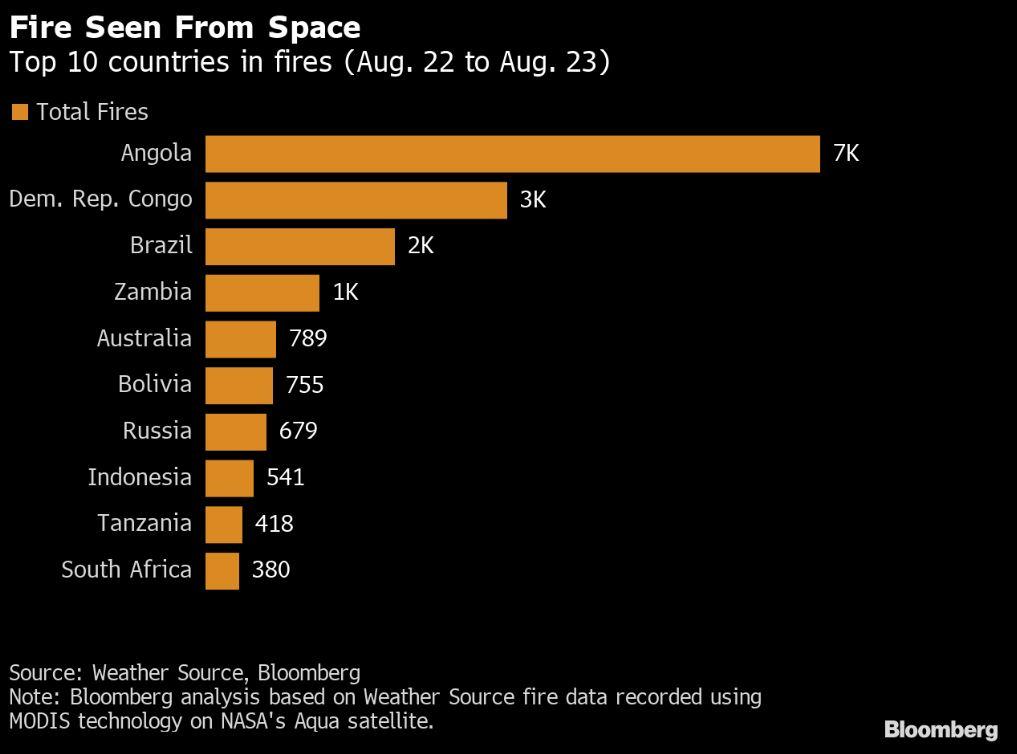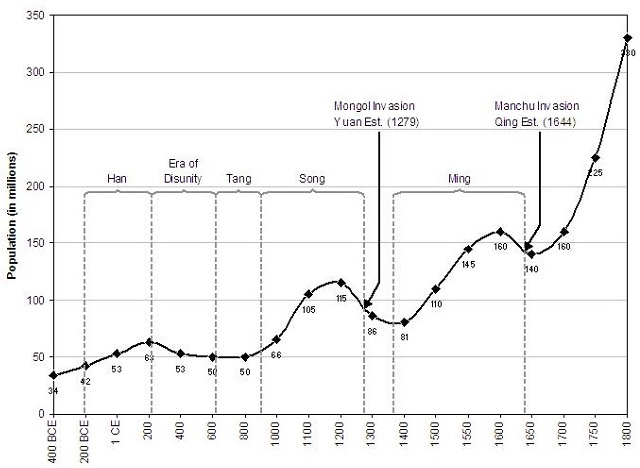A truly illiberal society does not require the government to suppress dissent.--Rowe
A lot of action in mom's West Virginia plans; a lot of arguing. Interesting.
Chris set up his pizza oven in the driveway across the street and a crowd gathered and everyone stayed all night. Lovely time. One woman said, "I lived in Chartiers for 21 years and this never happened. Not once."
Chris and Alyssa are off to Maryland to see friends. Liz is visiting Christina.
The number of fires in Brazil this year is more than last year, but about the same as in 2016 and less than in 2002, 2003, 2004, 2005, 2006, 2007, 2010 and 2012. For most of those years, Brazil’s president was a socialist, not a right-wing populist, so in BBC-world those fires did not count. More significantly, the rate of deforestation in the Amazon basin is down by 70 percent since 2004....Around the world, wild fires are generally declining, according to Nasa. Deforestation, too, is happening less and less.--Ridley
A study in Nature last year by scientists from the University of Maryland concluded that even this is too pessimistic: ‘We show that — contrary to the prevailing view that forest area has declined globally — tree cover has increased by 2.24 million km2 (+7.1 percent relative to the 1982 level).’
Too many parents make life hard for their children by trying, too zealously, to make it easy for them. -Johann Wolfgang von Goethe, poet, dramatist, novelist, and philosopher (28 Aug 1749-1832)
A Couple of Charts


Cycles with a period of about three hundred years. During its flood, farms and businesses prosper, and great empires enjoy golden ages. During its ebb, war and famine stalk the land, and states collapse into barbarism. Standard Malthusian theory evokes images of a population stable at subsistence level forever. But Turchin and Nefedov argues this isn’t how it works. A population at subsistence will always be one meal away from starving. When a famine hits, many of them will starve. When a plague hits, they will already be too sickly to fight it off. When conflict arrives, they will be desperate enough to enlist in the armies of whichever warlord can offer them a warm meal.

A lot of action in mom's West Virginia plans; a lot of arguing. Interesting.
Chris set up his pizza oven in the driveway across the street and a crowd gathered and everyone stayed all night. Lovely time. One woman said, "I lived in Chartiers for 21 years and this never happened. Not once."
Chris and Alyssa are off to Maryland to see friends. Liz is visiting Christina.
As usual, Lincoln said it best. When the founders wrote of equality, he explained, they knew they had "no power to confer such a boon" at that instant. But that was not their purpose. Instead, they "set up a standard maxim for free society, which should be familiar to all, and revered by all; constantly looked to, constantly labored for, and even though never perfectly attained, constantly approximated, and thereby constantly spreading and deepening its influence, and augmenting the happiness and value of life to all people of all colors everywhere." That constant labor, in the generations that followed, is the true source of "nearly everything that has truly made America exceptional."
The number of fires in Brazil this year is more than last year, but about the same as in 2016 and less than in 2002, 2003, 2004, 2005, 2006, 2007, 2010 and 2012. For most of those years, Brazil’s president was a socialist, not a right-wing populist, so in BBC-world those fires did not count. More significantly, the rate of deforestation in the Amazon basin is down by 70 percent since 2004....Around the world, wild fires are generally declining, according to Nasa. Deforestation, too, is happening less and less.--Ridley
A study in Nature last year by scientists from the University of Maryland concluded that even this is too pessimistic: ‘We show that — contrary to the prevailing view that forest area has declined globally — tree cover has increased by 2.24 million km2 (+7.1 percent relative to the 1982 level).’
Too many parents make life hard for their children by trying, too zealously, to make it easy for them. -Johann Wolfgang von Goethe, poet, dramatist, novelist, and philosopher (28 Aug 1749-1832)
On this day in 1959, a Soviet rocket crashed into the moon’s surface, becoming the first man-made object sent from earth to reach the lunar surface. The event gave the Soviets a short-lived advantage in the “space race” and prompted even greater effort by the United States to develop its own space program. In 1957, the Soviets shocked the United States by becoming the first nation to launch a satellite into orbit around the earth. People were scared.
A Couple of Charts

Cycles with a period of about three hundred years. During its flood, farms and businesses prosper, and great empires enjoy golden ages. During its ebb, war and famine stalk the land, and states collapse into barbarism. Standard Malthusian theory evokes images of a population stable at subsistence level forever. But Turchin and Nefedov argues this isn’t how it works. A population at subsistence will always be one meal away from starving. When a famine hits, many of them will starve. When a plague hits, they will already be too sickly to fight it off. When conflict arrives, they will be desperate enough to enlist in the armies of whichever warlord can offer them a warm meal.
No comments:
Post a Comment